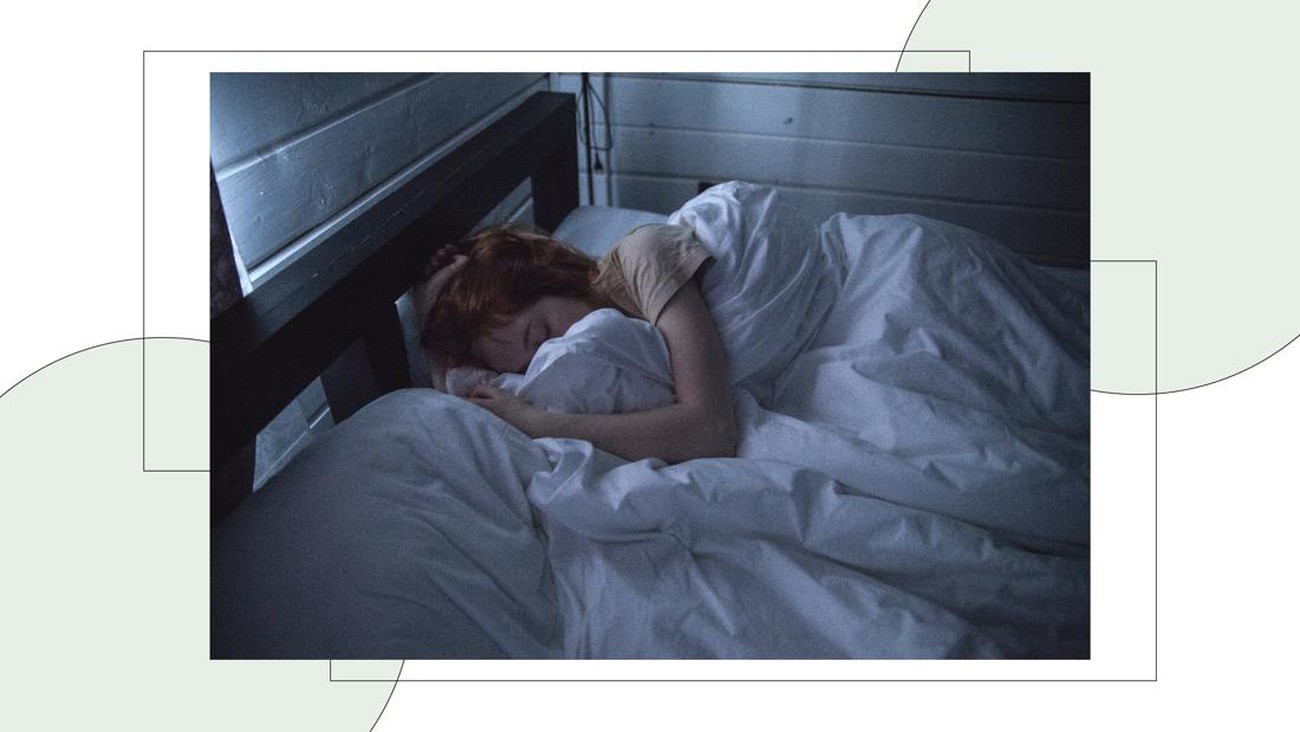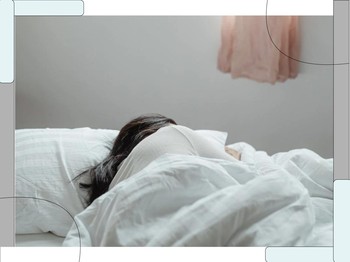For a lot of people, sleep is the most peaceful time for us to rest the mind and body. However, have you ever experienced waking up to tears and realizing that you have been crying in your sleep? If you have ever experienced this, you may wonder what's going on in your cycle of sleep and whether or not there's something that needs to be concerned. So, why do you cry in your sleep, why does it even happen?
Scientifically, crying in your sleep indicates an unstable state of emotional and mental well-being. This occurrence may suggest that you're contending with underlying issues such as grief, stress, anxiety, or a mental health condition, and it could also be a reaction triggered by distressing nightmares. It's important to acknowledge that emotions, sensory experiences, and specific muscle movements remain active even during deep sleep, allowing emotional expressions like crying to manifest without conscious awareness.
The act of crying during sleep has the potential to impact sleep quality, subsequently affecting overall mental health. Understanding the significance of this phenomenon is crucial, as it offers valuable insights into your emotional well-being. This understanding, in turn, contributes to improved sleep and an enhanced overall emotional state.
Crying in sleep because of grief and trauma
People navigate grief and trauma in different ways. Some individuals readily express their emotions, seek help, and can move forward relatively quickly. However, others may choose to ignore or suppress their feelings, withdrawing from social interactions. Some individuals may outwardly appear unaffected during the day, only to confront difficult emotions, manifesting as sleep problems, during the night. There is no universally correct way to mourn the loss of a loved one, and sleep crying may represent your body's natural response to coping with such experiences.
Crying in sleep because of stress and anxiety
Life can bring various challenges like work problems, issues in relationships, family troubles, financial struggles, and health concerns, leading to stress. When faced with numerous complicated situations, your body has to deal with them. Sleep plays a crucial role in supporting the brain's functions, such as forming emotional memories, developing empathic behavior, and regulating emotional reactions. If you're experiencing stress and anxiety due to the overwhelming tension in your life, it may manifest as sleep-crying. This is your brain working through the challenges and strain you're facing.
Crying in sleep because of dementia
Sleep problems are linked to dementia. Scientists propose that this connection may result from disruptions in the sleep-wake cycles caused by the degeneration of the hypothalamus and brainstem. People with dementia often find it difficult to fall asleep, take more naps during the day, become more irritable in the evening, and wake up frequently at night.
Crying in sleep because of nightmares
While you might recall having more nightmares as a child, they can still happen at any age. Waking up from a nightmare can leave you feeling scared, upset, shaken, and uneasy. Occasionally, a nightmare can be so intense that it leads to waking up in tears. It's not entirely possible to stop frightening dreams from disrupting your sleep. Although scientists aren't completely certain why nightmares occur, they think there's a connection to how we handle challenging emotions and stress, cope with difficult situations, and manage anxious feelings about future events.
Crying in your sleep is not entirely something to be worried about as being human means having emotional ups-and-downs is normal, tears are supposed to be a process of emotions. Nevertheless, if your sleep has been constantly disrupted by waking up in tears and overwhelming emotions that prevent you from doing day activities, it's a sign for you to seek help from a professional.
(DIP/tim)
































